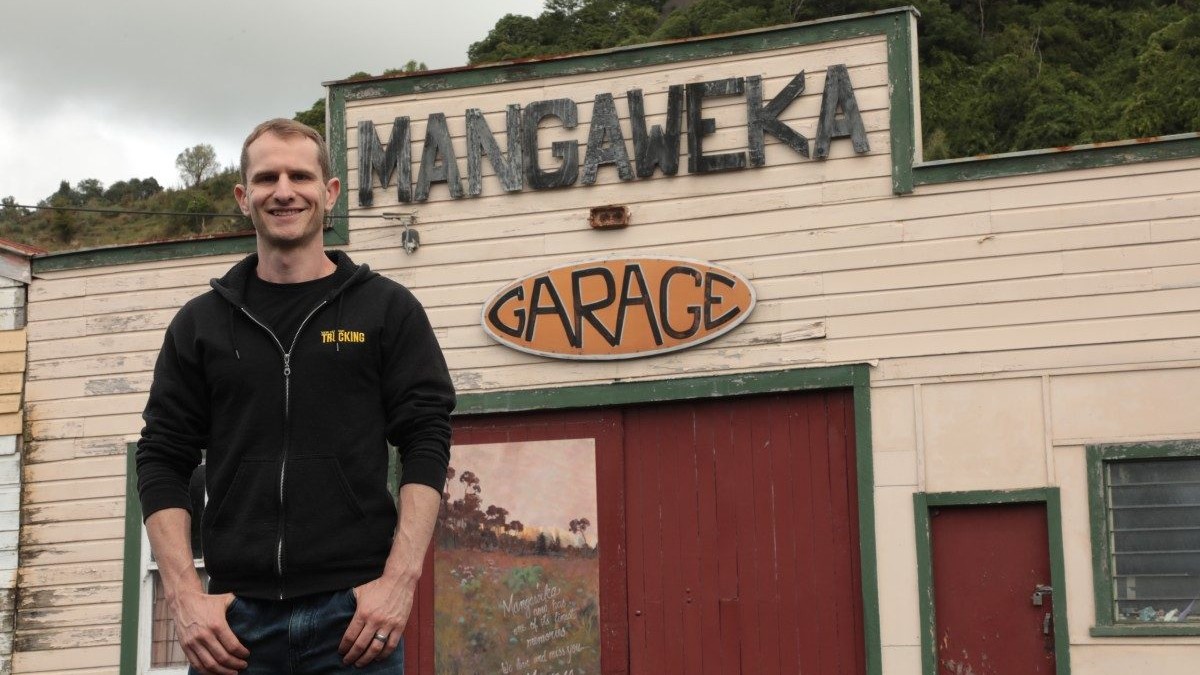
‘You can please some people some of the time, but you can’t please all people all of the time.’ If I were a transport minister in any government, I think I’d have that printed in bold block letters and framed on my office wall.
It seems every time a new Government Policy Statement (GPS) on Land Transport is released, there’s no end of poking and prodding to see where the holes are and which area of the transport sector is being hard done by. That’s politics, naturally. The Labour government’s GPS 2021-2031 reflected its priorities, and drew its share of criticism from opposing quarters. Likewise, the draft GPS 2024-2034, released for consultation this week by Transport Minister Simeon Brown, reflects the National-led coalition’s priorities, and has drawn a fair amount of criticism.
Given the stark contrast in the narrative between the two governments, I can understand why much of the commentary I’ve seen so far indicates it misses the mark. Cycleways and walking paths have taken a hit, funding models are being questioned, and warnings of spending money to worsen traffic congestion have been issued, among other comments.
But I haven’t seen much commentary on what it might have right. Is this because there isn’t much right with it to comment on, or because the de facto position these days is to punch out first? The point of a draft is to finetune the concept before finalisation, so it’ll be interesting to see how thick Brown’s skin is through the process.
From my humble perspective, any GPS, regardless of who holds that ‘G’, needs to address efficiency and delivery, and be forward-thinking. Efficiency in what it costs to deliver as well as in the economic benefits it produces, delivery in the job being done properly, on time, and on budget, and forward-thinking in considering future requirements of a growing nation, changing habits and increasing strain on supply chains.
Personally, I think it’s at least aimed in the right direction. Yes, there’s a degree of bias – you’re reading a transport publication after all – but, more than that, we cannot pretend our busiest corridors will remain fine as they are into the future when many aren’t even acceptable for traffic and freight volumes or driver habits right now. A few years ago, there was a campaign with the tagline ‘New Zealand’s roads aren’t like other roads’ – or something to that effect. Speaking as a private motorist, that rings true every time I see someone overtaking on double yellows, over a blind rise or round a bend. It’s stating the obvious to say the nation’s roads are narrow, poorly surfaced, with minimal clean overtaking opportunities, and that drivers are increasingly impatient, careless and distracted. There’s a serious road safety issue in all this too (this week’s scrapping of Road to Zero is a topic to unpack another time), and let’s not even bring up ‘resilience’ again.
Now, I know land transport is not the definitive measure of a successful government. But if we ignore all else for the moment, what we can’t have is another change of government before the GPS has a chance to deliver, and it’s all prematurely tossed out and reconceptualised once more. The recent fast-tracking of consent for major infrastructure projects probably indicates this government is thinking along the same lines – it wants to prove a point and get things done.
So, let’s see what comes 1 July, when the final GPS is set to be released, and who is pleased this time round.
Take care out there,
Gavin Myers
Editor
Read more
Protest if you must
2 Comments5 Minutes
A watched kettle…
0 Comments6 Minutes
Same old same old
0 Comments5 Minutes



